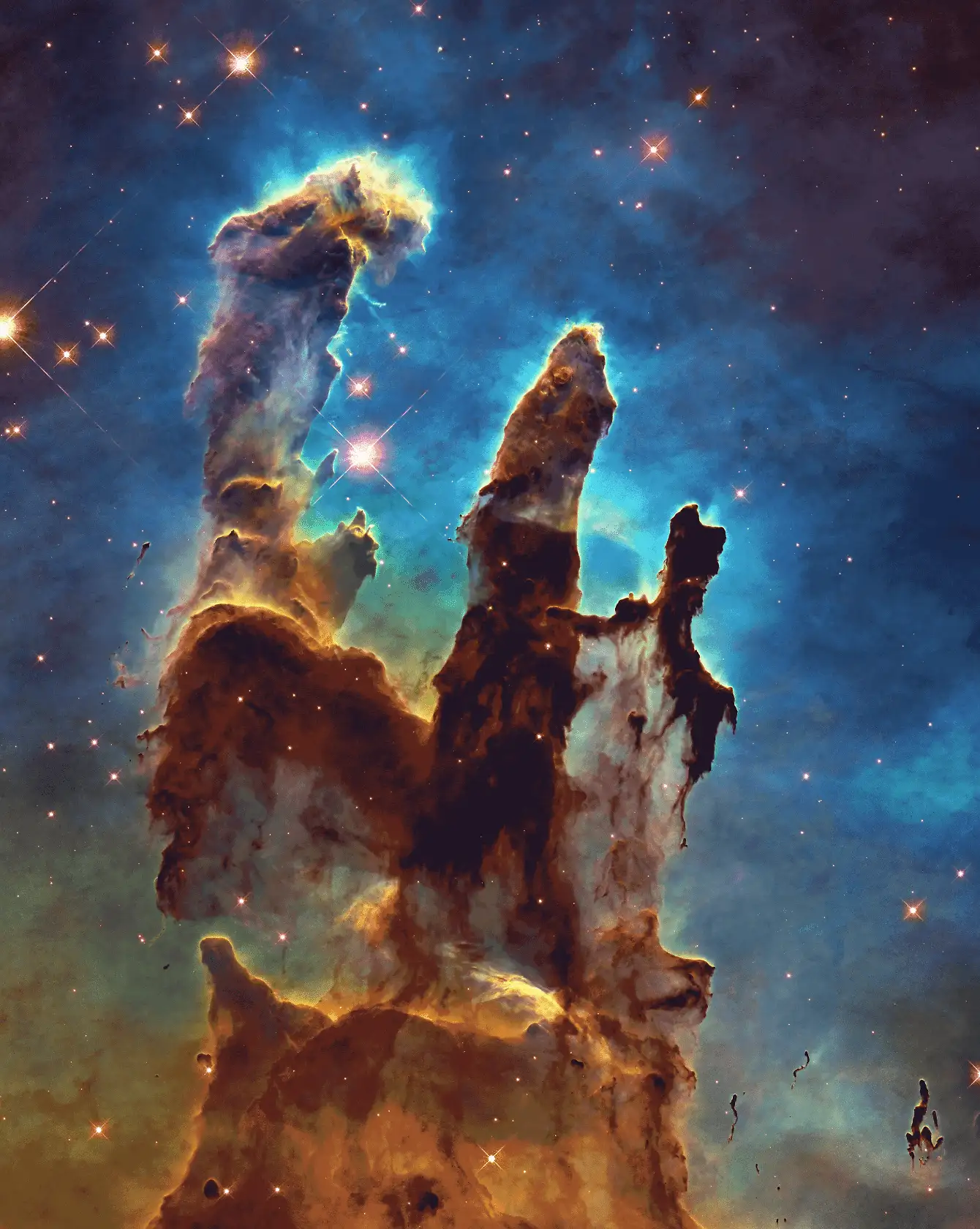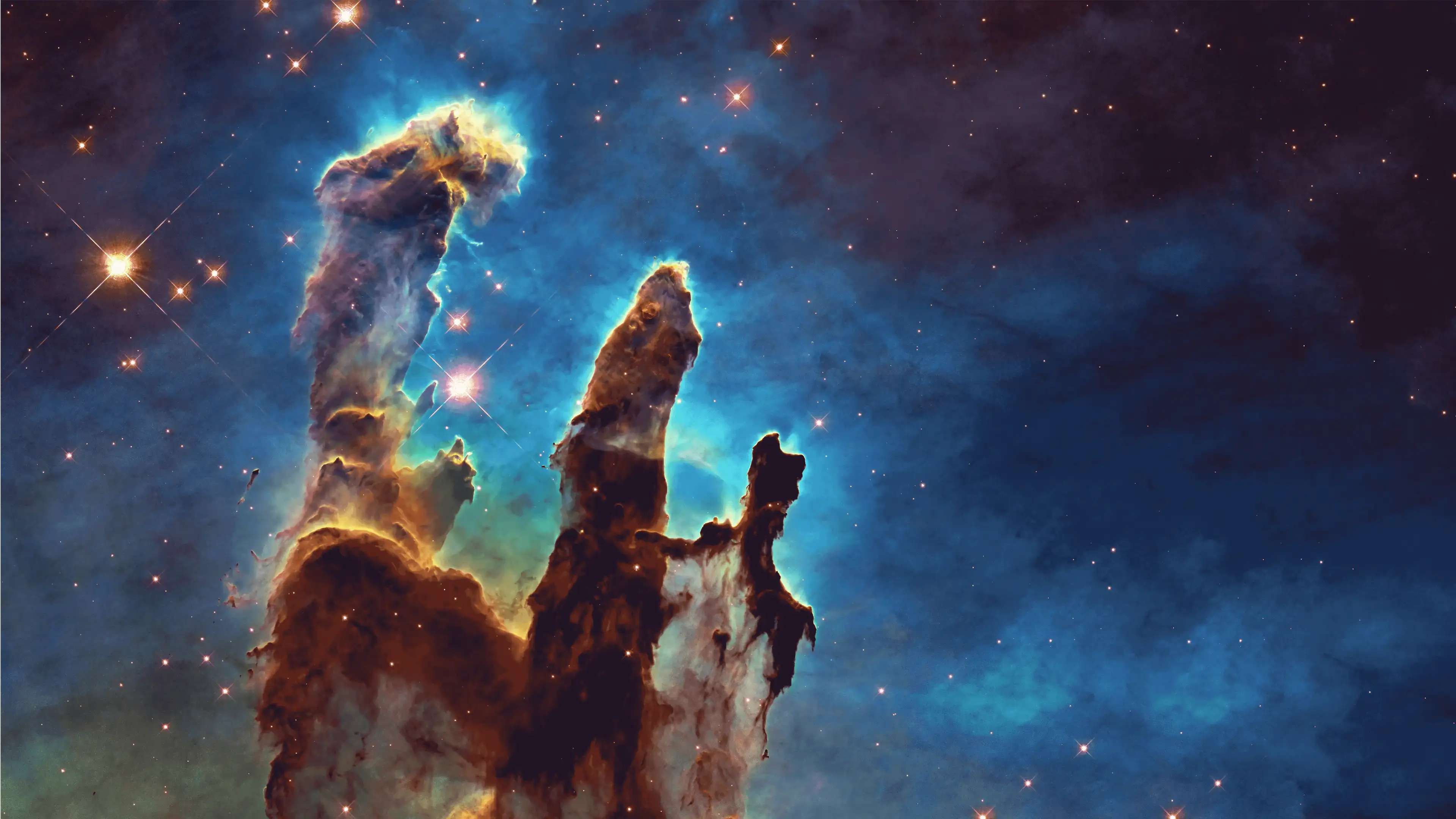Why Saturday?
Ever feel like life's spinning just a tad too fast? Amidst the chaos of daily routines and the endless scroll of notifications, there's a gentle whisper calling us to hit pause, take a breath, and rediscover something sacred—the seventh-day Sabbath.
But why Saturday, you might wonder? Why not Sunday or any other day?
As Seventh-day Adventist Christians, we have discovered tremendous significance in worshiping on Saturday, the seventh day of the week,as commanded by God in Exodus 20:8–11. This observance isn't merely a tradition or a preference, but a refreshing spiritual blessing with profound theological implications.

"Remember the sabbath day, to keep it holy, Six days shalt thou labor, and do all thy work: but the seventh day is the sabbath of the LORD thy God: in it thou shalt not do any work, thou, nor thy son, nor thy daughter, thy manservant, nor thy maidservant, nor thy cattle, nor thy stranger that is within thy gates: for in six days the LORD made heaven and earth, the sea, and all that in them is, and rested the seventh day: wherefore the LORD blessed the sabbath day, and hallowed it.
- Exodus 20:8-11"
First, observing the Sabbath is an acknowledgment of God's sovereignty over creation. In Genesis, we learn that God created the heavens and the earth in six days and rested on the seventh day, sanctifying it as holy (Genesis 2:1-3). By resting on the Sabbath, we honor God as the ultimate Creator and acknowledge His authority over all things.
Moreover, the Sabbath was instituted for all humanity, not just for a specific group. Despite misconceptions labeling it as the "Jewish Sabbath," Jesus Himself emphasized that "the Sabbath was made for man" (Mark 2:27). It was established at the dawn of creation, long before the existence of the Jewish people, making it a universal institution for all of humanity to observe.
Some may argue that any day could be designated as holy for worship, but God specifically sanctified the seventh day. This divine blessing sets it apart from the other days of the week and underscores its significance as a day of rest and worship.
Throughout history, God has confirmed the sanctity of the Sabbath through various signs and miracles, such as the provision of manna in the wilderness. He has even preserved the true seventh-day Sabbath through historical, biblical, and linguistic evidence. Scripture records Jesus' crucifixion on Friday and His resurrection on Sunday, confirming that the Sabbath falls on Saturday. Additionally, the continuous observance of the Sabbath by the Jewish people and the linguistic connection between Saturday and the word "Sabbath" in over 100 languages further corroborate its authenticity.
Contrary to popular misconceptions, the Sabbath is not merely a memorial of Israel's deliverance from Egypt or the resurrection of Christ. While these events hold significance for Christians, the Sabbath primarily commemorates God's act of creation, while also serving as a reminder of Christ ability to sanctify His people (Ezekiel 20:12, 20). It serves as a perpetual reminder of His power and authority as the Creator of the universe
In the new Earth, the Sabbath will continue to be honored throughout eternity, symbolizing God's eternal reign and creative power (Isaiah 66:23). As faithful believers, we are called to uphold the Sabbath commandment as a testament of our love and obedience to God (John 14:15).
Conclusion
So, why Saturday? In a world plagued by false ideologies and spiritual confusion, the observance of the seventh-day Sabbath remains more relevant than ever. It not only reaffirms our allegiance to the Creator but also offers a glimpse of the restoration promised by God in the new heavens and the new earth.
It is our prayer that you will join us as we embrace the seventh-day Sabbath, not as a burdensome duty but as a sacred privilege. Join us as we honor God's commandments with courage and conviction, knowing that in obedience lies true freedom and eternal blessing.

